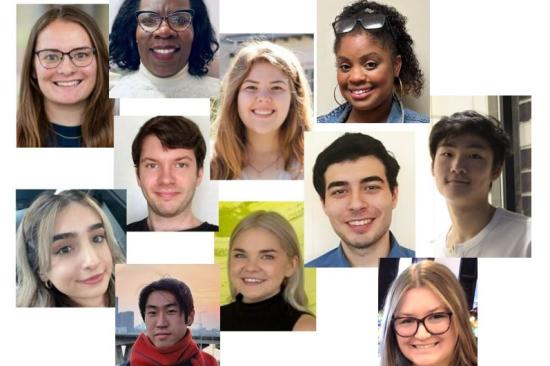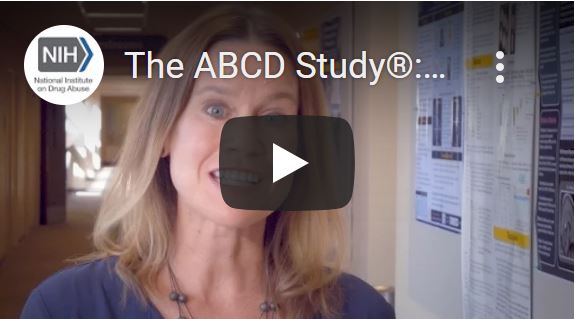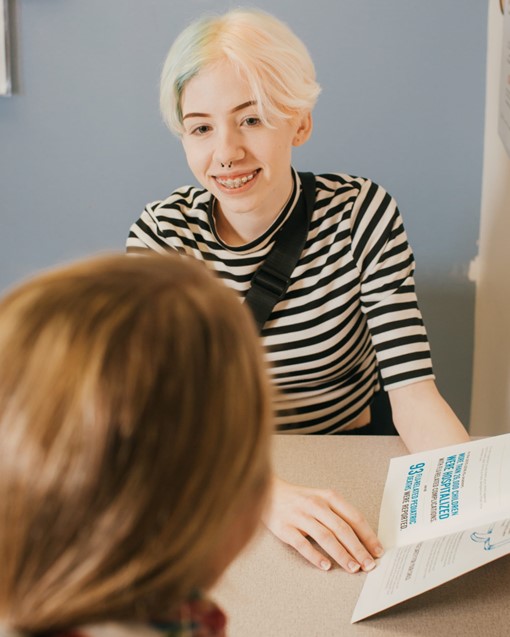There is still so much we do not know about the developing brain and the many childhood experiences that shape social, emotional, intellectual, and physical growth. Study findings may help to improve the health and well-being of children — and make scientific history for the benefit of future generations.
Fun Resources
Why do we collect biospecimens?
Have you ever been curious as to why researchers want your biospecimens?
- Why are we making you drool into a tube?
- Why are we asking for your baby teeth?
- Why are we asking you to give blood and asking to take your blood pressure?
These things may seem a little invasive but they are valuable pieces of information for researchers! They help us learn about your development not only in your brain but in your growing body as well!
What is a fMRI?
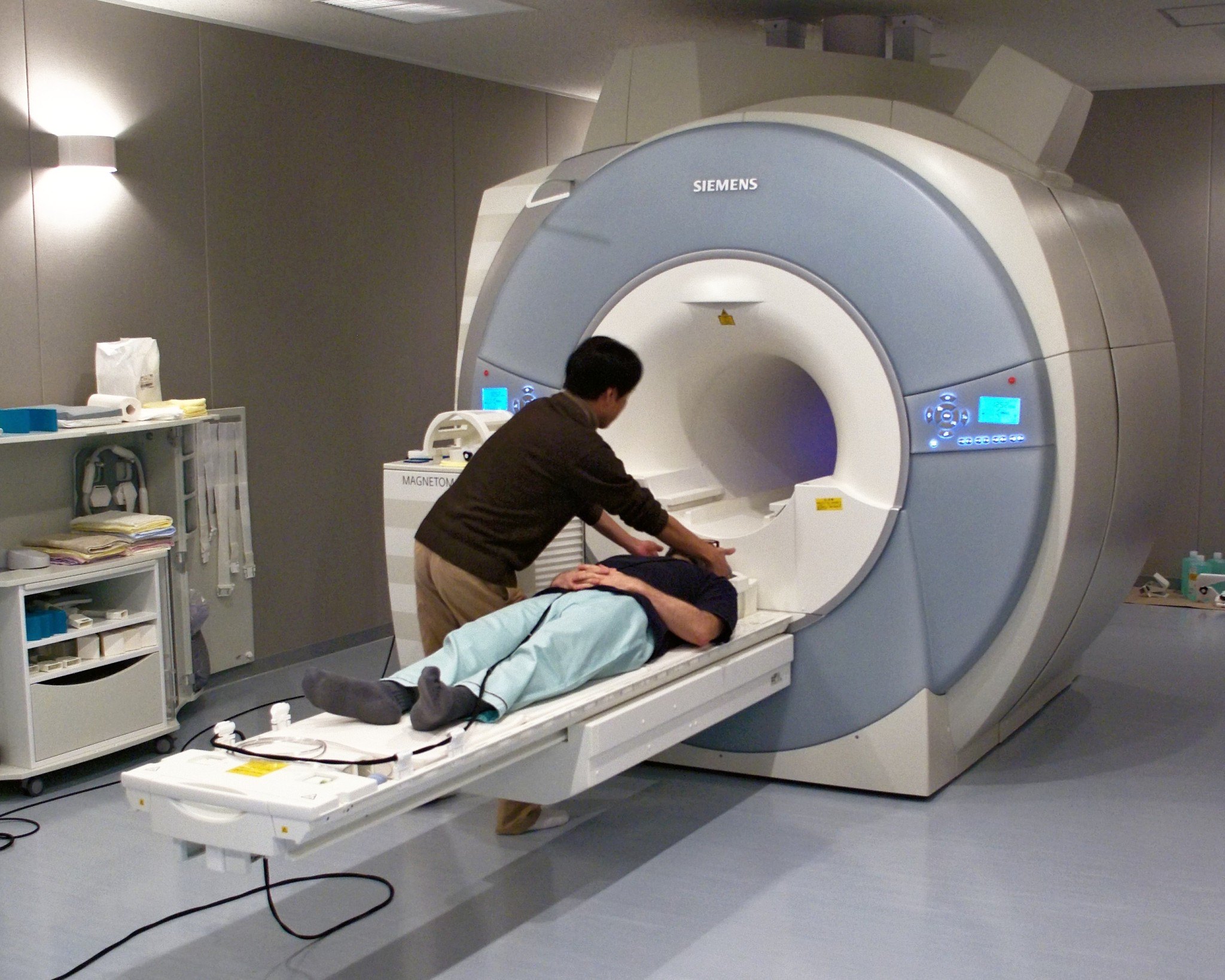
You may be wondering why we ask to scan your brain every two years. The brain grows and develops a lot during adolescence, and with functional magnetic resonance imaging (fMRI) we can see these changes happening.
The fMRI machine takes a bunch of pictures of your brain while it's working. When you play the brain games different parts of your brain are being used. With fMRI imaging, we are able to see these structures of your brain being used. ABCD neuroimaging will provide a longitudinal investigation of neurobiological trajectories of brain and behavior development.
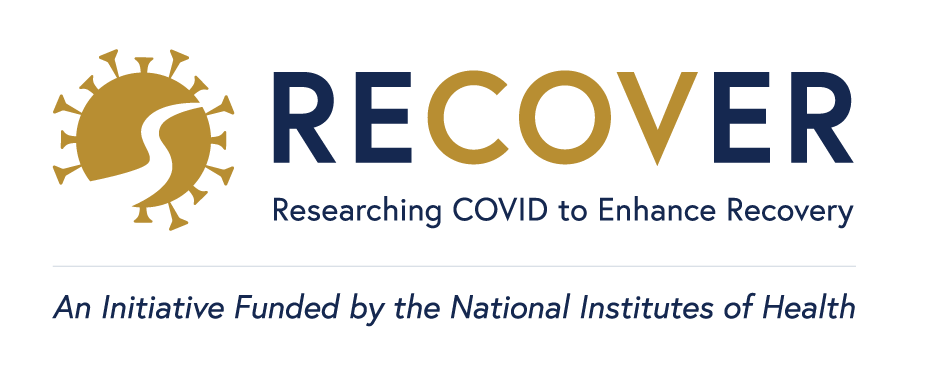
Researching COVID to Enhance Recovery
The National Institutes of Health (NIH) created the RECOVER Initiative to learn about the long-term effects of COVID.
Recovery from infection with SARS-CoV-2, the virus that causes COVID-19, can vary from person to person. Most patients seem to recover quickly and completely, while others report symptoms that persist for weeks or even months after the acute phase of illness has passed (a condition often referred to as “Long COVID”). In other cases, new symptoms and findings emerge after the acute infection, including when the acute phase was asymptomatic. Collectively, these long-term effects of the virus are called post-acute sequelae of SARS-CoV-2 infection (PASC).
The RECOVER Initiative in collaboration with the ABCD study will work together to recruit ABCD families for the purpose of understanding what impact, if any, long COVID has had on them.
For more information about the RECOVER Initiative and how you can become involved, please contact us at 734-355-4960. Learn more here.

The ABCD Social Development Study
The ABCD Social Development Study is a longitudinal study, which is a great design for learning about development over time. Children and their primary caregiver are assessed once a year. From this study, we hope to learn if different types of social behaviors and habits in children and adolescents relate to the way their brains develop. The study asks questions about positive behaviors, like friendships and personality features, and about negative behaviors, like bullying or acting out. Some questions are on sensitive topics like drugs and alcohol, illegal or violent behaviors and experiences. The Social Development study is administered at 5 of the 21 ABCD sites across the country. This data is important for understanding how the brain changes during youth and adolescence.
Featured News

Inequality linked to differences in kids’ brain connections
Brain connection study shows that socioeconomic factors, including at-home enrichment, are associated with widespread differences in children’s brain connections.

Study of pre-teens yields surprises about alcohol, tobacco and marijuana
Even at age 9 or 10, as many as 10% of children are curious about using substances, and many parents haven’t made specific rules or say kids’ access at home would be easy.

Socioeconomic factors associated with changes in youth brain connectivity, UMich study finds
ABCD Study finds socioeconomic factors may be linked to changes in children’s brain connectivity.

